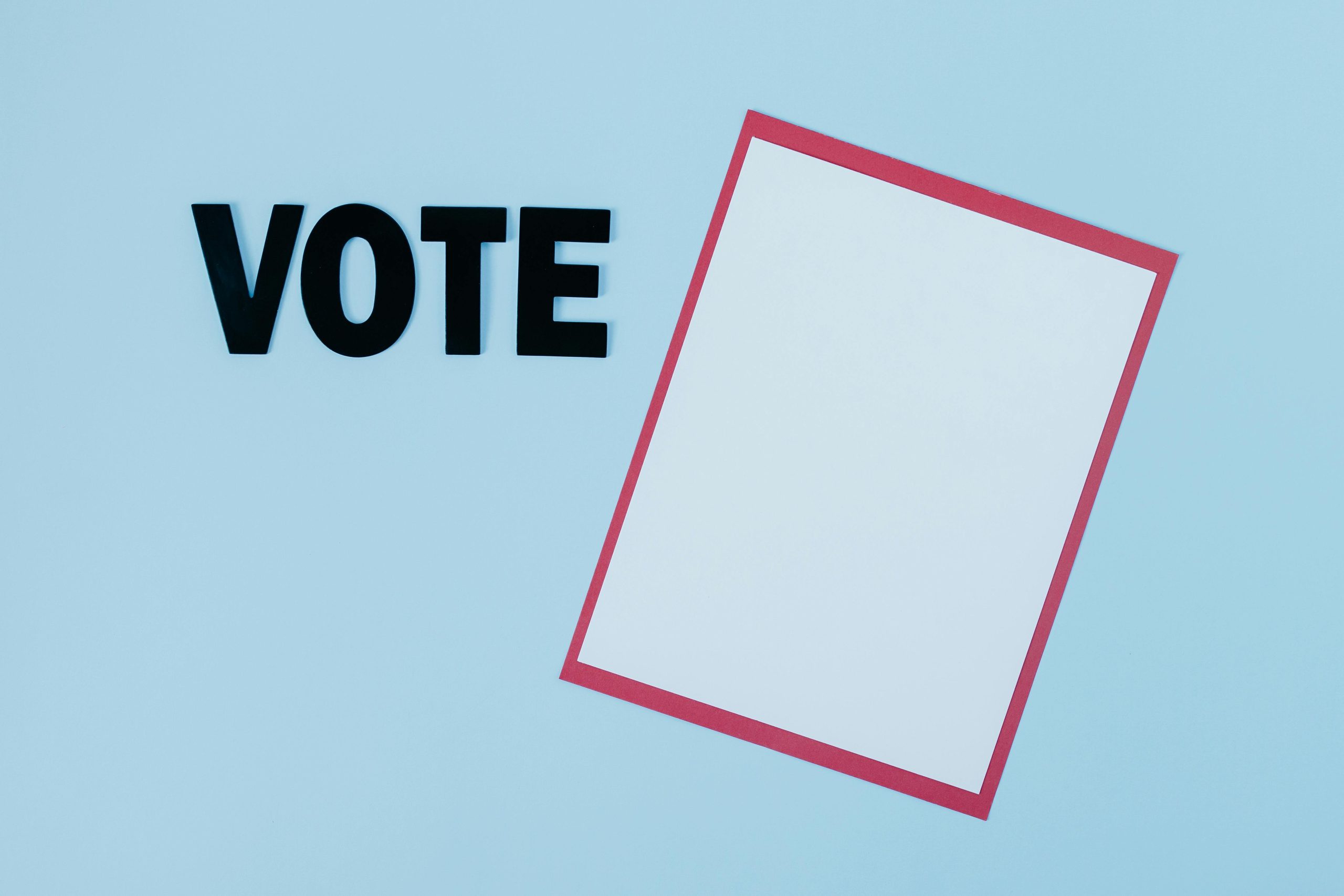The Curious Dynamics of Political Influence: A Glimpse into U.S.-Israel Relations
Recent events in global politics have stirred a wave of discussions, particularly concerning the relationship between Israel and the United States. Observations from the past few weeks reveal a strikingly close alliance that raises questions about political authority and influence.
Consider the moment when the Prime Minister of Israel addressed a joint session of Congress, receiving a robust ovation from lawmakers across party lines—Democrats and Republicans alike. This display of unity was peculiar, especially given the contentious nature of U.S. domestic politics. Following his address, social media echoed with a rallying cry of support for Israel, as many politicians tweeted the same phrases like “Pray for Israel,” which led many to theorize that they were operating under a coordinated set of talking points amidst rising tensions focused on Iran.
Moreover, the portrayal of this alliance has become ever more pronounced in the media landscape. It often feels as though the narrative surrounding Israel dominates the headlines, positioning its leaders in a way that evokes the stature typically reserved for U.S. officials. Billboards and public advertisements that promote messages like “Fight Antisemitism” are increasingly visible, creating an impression that the societal focus is bent toward foreign interests rather than local concerns.
What is alarming is the apparent shift in authority; there seems to be a disconnect between the American government’s actions and the will of its citizens. Many feel that their voices are sidelined, while foreign priorities take center stage in the national discourse. This situation evokes a sense of unease—could it be that our political landscape is being shaped more by external influences than by the democratic choices of the American people?
As we navigate these complex issues, it’s vital to consider how these dynamics impact not only U.S. foreign policy but also the citizens’ perception of their own government’s priorities. The landscape of political influence is continually evolving, and understanding these relationships is crucial for fostering a more informed electorate.



